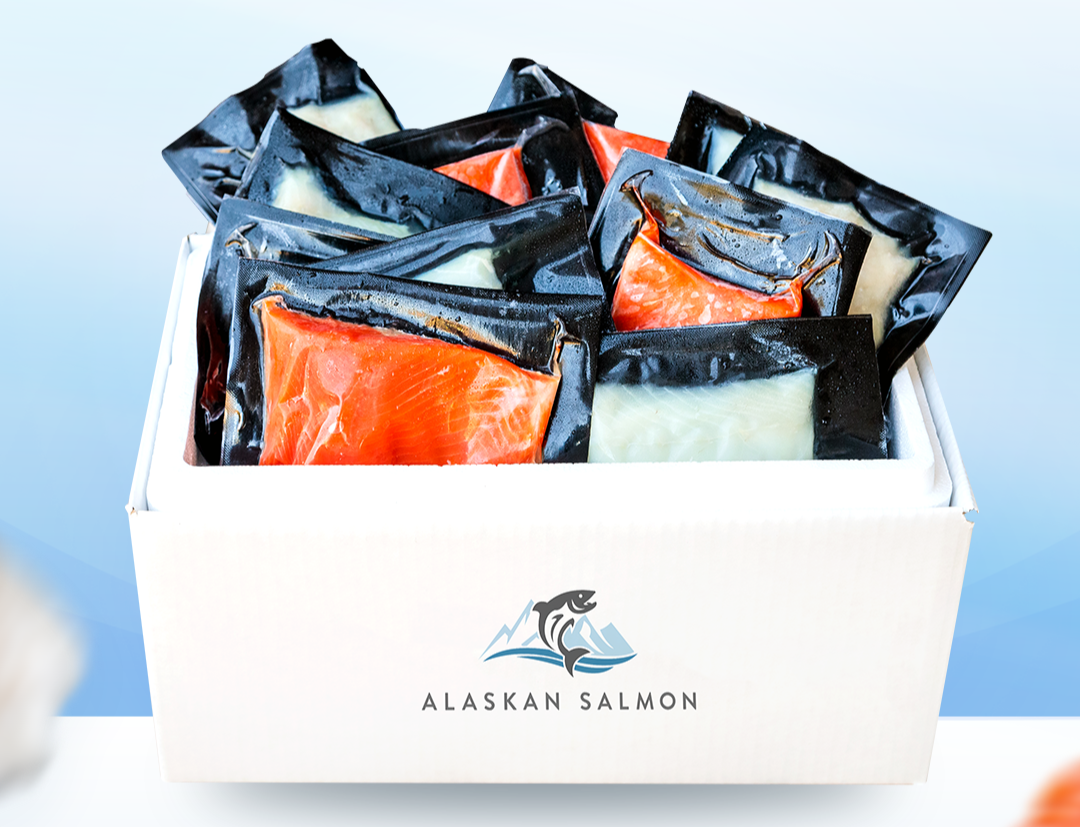Can Dogs Eat Cod Fish?
Updated on Jul 08, 2024
If you're like most health-conscious individuals, you probably have fish stocked in your home as part of your lifestyle foods. Fish has many nutrients, including omega-3 fatty acids, vitamins, and minerals.
However, as a dedicated pet owner, you might be curious about whether cod fish, in particular, is a suitable option for your furry friend. Cod fish is a mild-flavored, white-fleshed fish that’s often praised for its delicate taste.
To find out if cod fish is a good choice for your pet and how to introduce it safely into their meals, read the full article.
Can Dogs Eat Cod Fish?
Dogs can eat cod fish. Cod is a healthy, low-fat fish that provides dogs with high-quality protein and omega-3s, which can improve coat and skin health, reduce joint stiffness, and support the immune system.
It’s important to feed cod fish to dogs in cooked form since raw fish can contain harmful bacteria and parasites that can make dogs sick. Furthermore, avoid added seasonings or oils, as these can be harmful to their digestive system. You can boil, bake, or steam plain cod until it is fully cooked through and flaky.
Additionally, be cautious of bones, which can pose a choking hazard or cause intestinal blockages. As with any new food, introduce cod fish gradually into your dog's diet to monitor for any signs of allergies or digestive upset.
Related: Can Dogs Eat Salmon?
How Much Cod Fish Should I Feed My Dog?
When feeding cod fish to your dog, moderation is key. The majority of their diet should come from complete and balanced dog food. It can be included in your dog's diet occasionally as a protein-rich treat or supplement to their regular meals.
As for the specific amount of cod fish to feed them, it depends on their size.
A good general guideline is to feed your dog one ounce of cooked cod per ten pounds of body weight. For example, a 20-pound dog would receive approximately two ounces of cooked cod. We also recommend consulting a veterinarian for the appropriate serving size for your dog's health status.
When first introducing cod, start with small amounts and monitor for any digestive upset or allergic reactions. Slowly increase the amount over time if your dog tolerates it well.
Nutritional Benefits of Cod Fish for Dogs
The nutritional benefits of cod fish for dogs are very similar to the benefits for humans. Here are the key benefits:
- High-Quality Protein. Cod fish is rich in high-quality protein, which is essential for muscle repair, maintenance, and growth in dogs.
- Omega-3 Fatty Acids. Cod fish is a good source of omega-3 fatty acids, such as EPA (eicosapentaenoic acid) and DHA (docosahexaenoic acid). These fatty acids support skin and coat health, reduce inflammation, and promote cardiovascular health in dogs.
- Vitamins and Minerals. Cod fish contains vitamin D, vitamin B12, phosphorus, and selenium, which support various aspects of health. Vitamin D helps with calcium absorption and bone health, while vitamin B12 is needed for nerve function and red blood cell production. Phosphorus leads to strong bones and teeth, and selenium acts as an antioxidant to protect cells from damage.
- Low in Saturated Fat. Cod fish is relatively low in saturated fats, which is beneficial for dogs. A diet low in saturated fats can help maintain a healthy weight and can reduce the risk of obesity-related issues, such as diabetes and joint problems.
- Easily Digestible. The protein in cod is highly digestible, meaning a greater percentage of the protein is absorbed by the dog's body compared to other protein sources. It’s suitable for dogs with sensitive stomachs or digestive issues.
It’s also important to keep in mind that every dog is different, and some may have unique sensitivities. If you notice any digestive upset like vomiting, diarrhea, or loss of appetite after feeding cod, discontinue use and consult your veterinarian.
Risks of Feeding Your Dog Cod Fish
While cod fish can be a beneficial addition to your dog's diet when fed in moderation and prepared properly, there are some risks to consider:
- Bones. Cod fish bones can be sharp and pose a choking hazard or risk of causing intestinal blockages if swallowed by your dog. Always ensure that any cod fish you feed to your dog is completely boneless.
- Parasites or Bacteria. Raw or undercooked cod fish can contain parasites (like flukes, roundworms, and tapeworms) or bacteria that may be harmful to dogs. Cook cod fish thoroughly before feeding it to your dog to reduce the risk of digestive upset or infections.
- Mercury Contamination. Like many types of fish, cod can contain trace amounts of mercury, a heavy metal that can be toxic at high levels. Prolonged or excessive consumption of cod could potentially lead to mercury buildup and toxicity, especially in smaller breed dogs or those with underlying liver, kidney, or neurological conditions.
- Allergic Reactions. Some dogs may have allergies or sensitivities to fish proteins, including cod fish. It's important to introduce cod fish gradually into your dog's diet and monitor for any signs of allergic reactions, such as itching, hives, or digestive issues.
How to Prepare Cod Fish for Dogs
Preparing cod fish for dogs involves several important steps to ensure it is a safe and healthy addition to a dog's diet. Follow these steps:
- Choose Fresh or Frozen Cod. Select fresh or frozen cod fish from a reliable source. Avoid cod fish that has been heavily processed or contains added seasonings or sauces, as these can be harmful to dogs.
- Thorough Cooking. Cook the cod fish thoroughly to kill any potential parasites or bacteria. Cooking methods like baking or boiling are preferable as they retain more nutrients compared to frying.
- Remove Bones. Bones can also potentially puncture or tear a dog's esophagus, stomach, or intestines if they make it through the digestive tract. Make sure to carefully inspect the cooked cod and use your fingers or tweezers to remove every single bone, no matter how small, before serving it to your dog.
- Portion Size. Cut the cod fish into small, bite-sized pieces appropriate for your dog's size and dietary needs. For example, smaller dogs may require smaller pieces, while larger dogs can handle larger pieces.
- Serve Plain. Once prepared, allow the cod fish to cool to a safe temperature before serving it to your dog. Serve the cod fish plain, without any added salt, sauces, or seasonings that could be harmful to your dog's digestive system.
With these steps, you can prepare cod fish in a safe and nutritious way for your dog to enjoy as an occasional treat or supplement to their balanced diet.
Summary
Feeding cod fish to your dog can offer them high-quality protein, omega-3 fatty acids, and other nutrients that keep them healthy. If this is your first time introducing cod to their diet, start with smaller amounts and note any reactions.
Moderation is key, and it’s always best to ask their veterinarian to determine the appropriate serving size.








